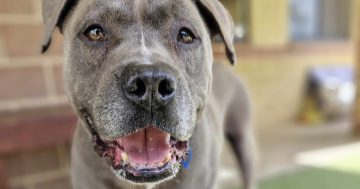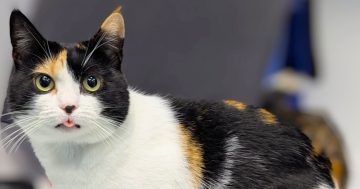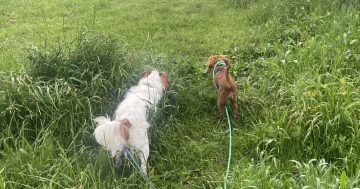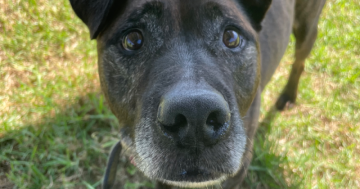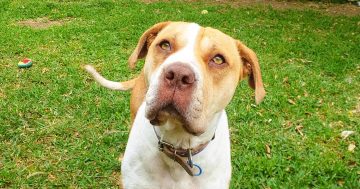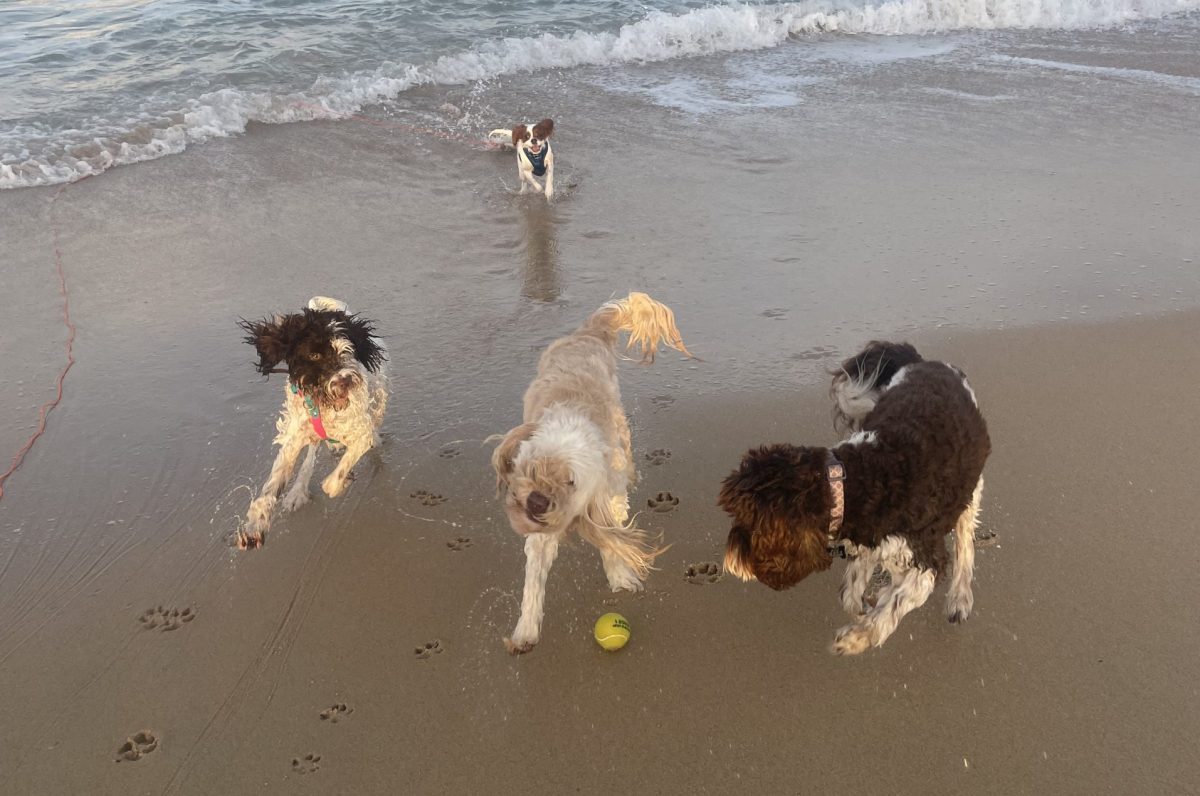
Pets can be expensive, but there are also plenty of affordable ways to keep them entertained. Photos: Keeli Royle.
Caring for a pet can bring immeasurable joy and love into a household, but the cost of catering for your furry friends’ every need can easily add up. As owners grapple with the strains of a particularly expensive time of year or are hit with high boarding fees as they go on holidays, many are feeling the pinch.
The financial struggle to care and provide for an animal was one of the top reasons owners were forced to make the difficult decision to surrender their pets to the RSPCA NSW in 2023, with pet rental challenges and economic hardship leading to an increased demand on shelter services.
But the while unavoidable upfront and ongoing costs are something that must always be considered when buying or adopting a pet, there are many ways to keep your pet health and entertained that won’t hurt your hip pocket quite as much.
Saving on the necessities
Providing quality food for your pet is a lifetime commitment and can add up quickly depending on the type of animal and breed that you own.
With many pet shops offering different bargains and deals both instore and online, stocking up on items you know you’ll continue to need can help you save in the long run.
“Be savvy and take advantage of sales on products such as food or preventatives, which can be expensive,” an RSPCA NSW spokesperson said.
“Some retailers offer price-match services, while other online retailers offer discounts when repeat delivery is selected.”
Some even offer frequent buyer or membership discounts on certain items, so it can benefit to be loyal (as long as it’s the best price).
But different foods and medications do have expiry dates, so make sure you aren’t overcommitting yourself with product that is going to go to waste.

Flea and tick prevention is vital for keeping your pet safe, and they’ll need it throughout their life, so see if you can grab a good deal.
Prevention is always better (and cheaper) than cure, so ensuring your pet stays fit, safe and healthy with medications like flea and tick preventatives can help stop unnecessary trips to the vet.
And while it’s important to budget for emergency veterinarian treatment when factoring in getting a pet to prepare for the unexpected, some vets do offer payment plans such as VetPay, which allow you to gradually pay off treatments, with pet insurance and memberships to programs like Greencross Vets Healthy Pets Plus also possible considerations for planning your finances.
DIY treats and enrichment
Keeping your pet active and entertained is vital for their wellbeing but a spokesperson for the RSPCA NSW said that doesn’t mean necessarily mean they need high-tech or super expensive toys.
“There are a variety of expensive IQ toys on the market, however you can also make quality enrichment items at home using items in your house such as cardboard boxes, newspapers and towels,” they said.
“Enrichment is essential for our pets, and there are definitely ways you can incorporate it on a budget.”
The following are just a few simple and cost-effective ways to keep your pet’s life enriched and interesting:
- Access to windows or views
- Different textures for your pet to rub against or walk on
- New smells, including herbs, perfumes or other animals
- Providing your pet with choice, such as letting them choose whether they want to sit in the sun or shade, play or sleep, and interact with you or other pets, or retreat into a safe space
- Sounds such as classical music, purpose-made music tracks and videos for animals, and talk back radio
- Rotating and varying toys they may play with (excluding their favourite!)
- Create a treasure hunt by scattering or hiding food around your house or yard
- Visit dog parks or arrange a doggy play date with another friendly dog. You can also try a new walking route
- Some dogs love to chase or watch bubbles. There are even bubbles that have different scents, including bacon and peanut butter
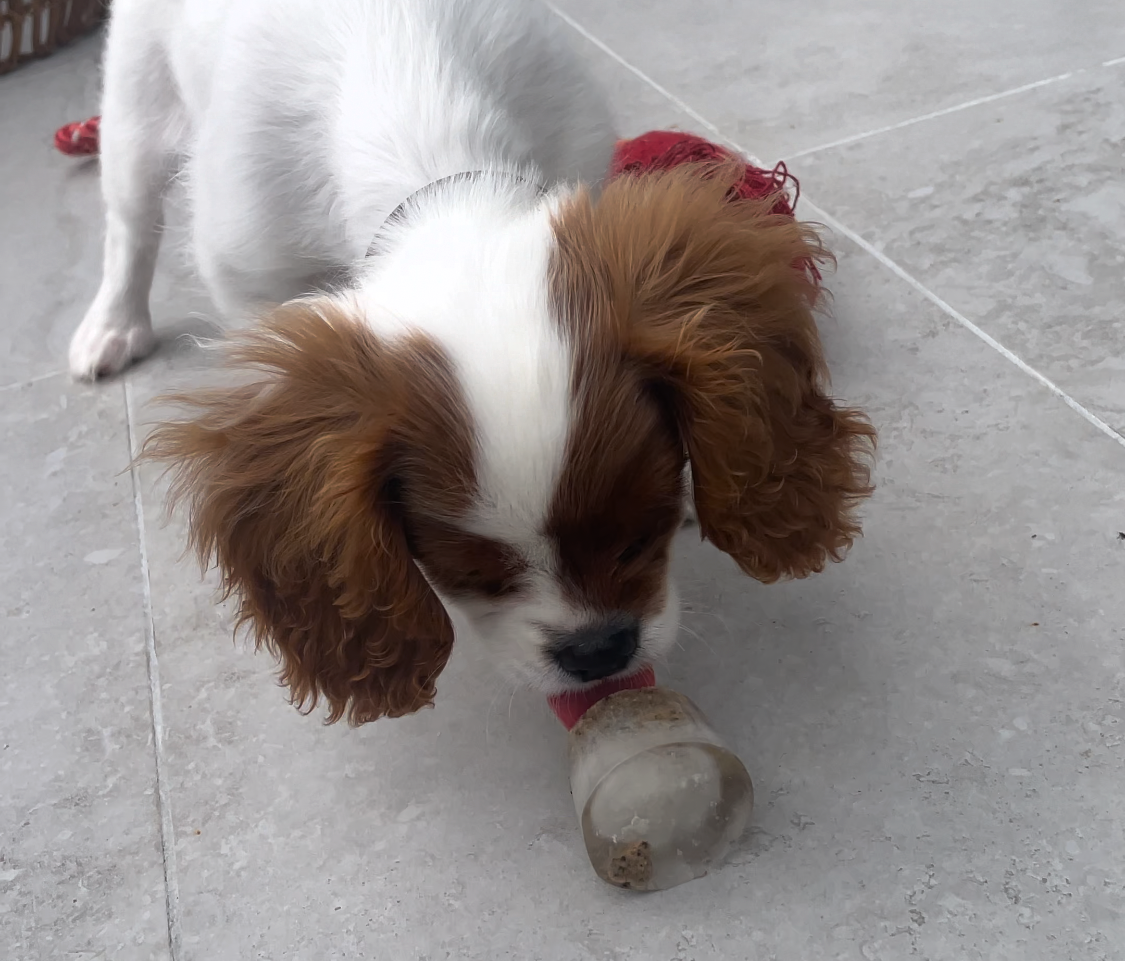
Getting creative with enrichment activities doesn’t have to be expensive.
Weigh up practical vs aesthetic purchases
Sometimes you want to buy something for your pet just because it looks cute or quirky, which is completely fine – if it is within your budget.
The RSPCA NSW said there were some quality items that needed to be invested in, like bedding, toys and walking gear.
“You should have at least one quality, well-fitting collar or harness and suitable lead for each dog you care for,” the spokesperson said. “It is always wise to have a spare at home if needed.”
Many people have a variety of items for aesthetic reasons, which may not actually be necessary (such as raincoats, hats, bowties or a large range of harness and lead options to match certain outfits).
This can particularly feel like throwing money down the drain when animals are young as they often grow out of items before they can get much use.
If you need support with the type or size of harness required, consider asking your vet or an expert about what is most suitable.
Choosing your new pet (and where to get it)
Getting a new pet is a big investment and the first year is one of the most expensive, even beyond the price you pay for the animal itself.
The RSPCA NSW spokesperson said adopting would always be more cost effective than buying from a breeder.
“Not only are adoption fees significantly lower, animals from RSPCA NSW shelters will already be desexed, microchipped and up-to-date with vaccinations and preventatives prior to adoption. Rescue animals also receive free lifetime registration through council,” the spokesperson said.
Choosing the type of pet depends on much more than the cost like lifestyle and the individual needs of the pet, but there are some things to consider if you have a particular breed in mind.
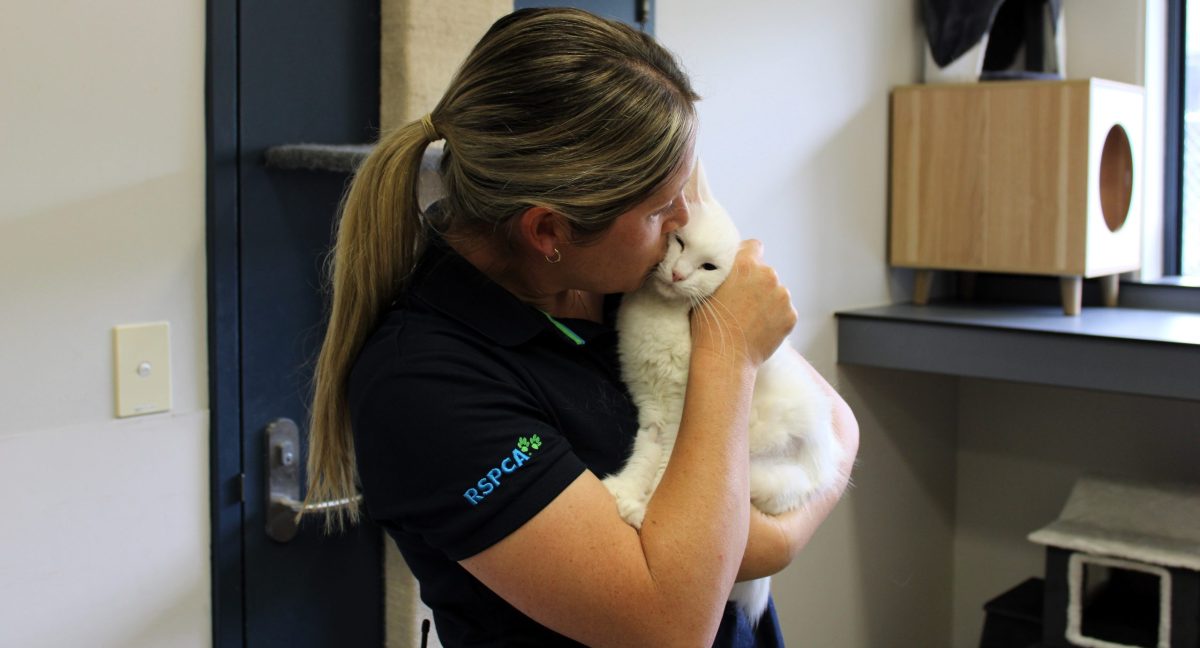
Adopting a pet is more affordable than buying from a breeder, but there are other things that should impact your decision.
“Dogs with exaggerated features (such as brachycephalic breeds like pugs and bulldogs) usually require specialised veterinary care to help them to be more comfortable and to improve their quality of life, which can be expensive,” the spokesperson said.
“Oodle and long-coat breeds will require specialised grooming throughout the year.”
“Some cat breeds will also require specialised grooming, which may involve purchasing specific products, such as detangle sprays or combs to suit their coat type.”
And while you may be tempted to choose a pocket pet like a rabbit or guinea pig, prospective owners are warned that there can still be significant costs involved.
“Ensuring they have an adequate set up, such as a quality hutch, suitable cage or tank with filtration and heating if required can be costly. Pocket pets, such as rabbits, require annual vaccinations and monthly preventatives, just like cats and dogs.”
“All small animals should be offered a quality diet that meets their needs, as well as necessary enrichment to keep them happy and healthy.”
Pet-friendly destinations and heading off for holidays
Navigating pets over the holidays can be difficult.
Many boarding facilities are not only full, but can also have increased costs over peak periods.
“It’s always wise to factor the cost of boarding into your holiday budget prior,” the RSPCA NSW spokesperson said.
“If you are going away, try to take your pet with you or ask a trusted friend or family member if they would mind caring for your pet while you are away or for a portion of the time, this can help with the cost of boarding a pet if you choose to go away.”
If you want to take your pet with you, many booking sites can filter accommodation options by whether they’re pet friendly or not, or you can call up individual places to discuss their policies (some might allow things like pets to stay but only outside or not be left unattended).
Pets are generally not permitted in NSW national parks and reserves due to native plants and animals, which can rule out some camping locations, but the NSW National Parks and Wildlife Service does have a list of certain tracks and beaches that pets are allowed on the NPWS website.
And bringing along your pet could even help you discover new places. Apps like Pawsome Places are helping owners discover dog-friendly tracks, parks and beaches right across the country with an interactive and ever-updating map.
So although there are ways to save and be savvy with animals, the RSPCA NSW urges owners to remember their commitment and not to let their pet be the thing that slips through the cracks.
“Remember that your pet is a member of your family,” the spokesperson said. “While cutting costs may be necessary for many in the current climate, it is crucial that proper care is maintained for our companions in all circumstances.”











